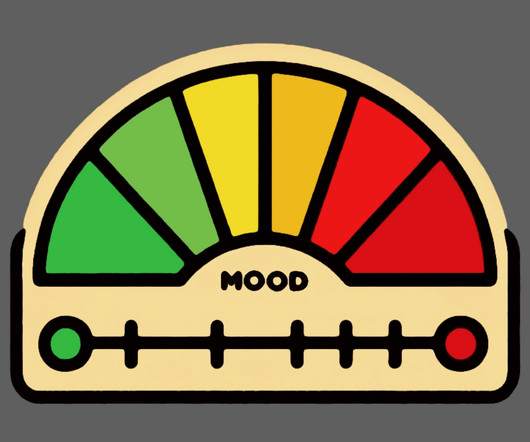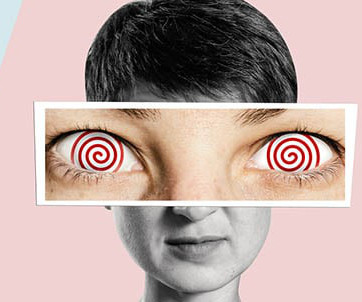Brief Book Reviews: July 2025
Psychiatric Times
JULY 1, 2025
Higgins, MD These 2 compelling memoirs delve into the complexities of schizophrenia, showcasing resilience, friendship, and the impact of mental health. While this is an extraordinary accomplishment for someone with a serious mental illness, reading between the lines, it seems that Laudor lost some cognitive skills due to the illness.












Let's personalize your content